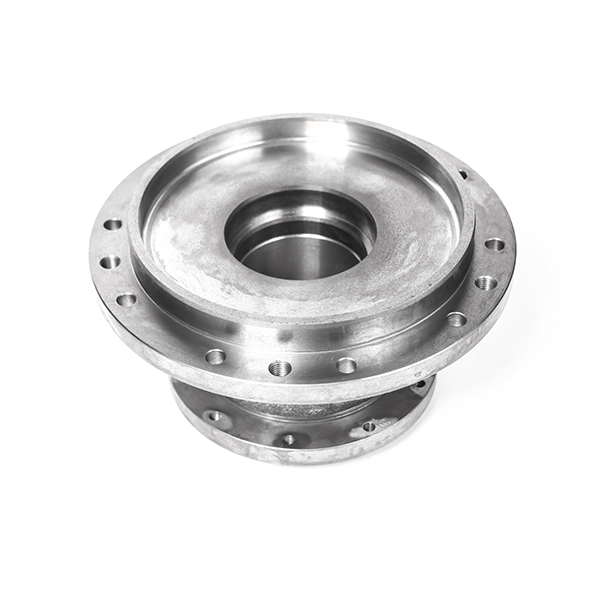Mobile:+86-311-808-126-83
Email:info@ydcastings.com
turbine pump impeller
Understanding the Turbine Pump Impeller Key Components and Functionality
Turbine pumps are an essential component in various industrial applications, specifically designed for handling fluids efficiently and effectively. At the core of a turbine pump is the impeller, a critical element that directly influences the pump's performance. In this article, we will explore the significance of the impeller, how it operates within the turbine pump system, and the various types available.
What is a Turbine Pump Impeller?
The impeller is a rotating component of a turbine pump that transmits mechanical energy to the fluid. By converting input energy into kinetic energy, the impeller propels fluid through the pump and into pipelines or other systems. The design and configuration of the impeller are essential in determining the pump's flow rate, head, and efficiency.
How Does the Impeller Work?
The operation of the impeller can be understood through the principles of fluid dynamics. As the impeller rotates, it imparts centrifugal force to the fluid, causing it to move outward. This motion creates a low-pressure zone at the center of the impeller, allowing fluid to be drawn in through the pump's inlet. As the fluid passes through the impeller, it gains velocity and pressure, which is essential for the pump's overall functionality.
The design of the impeller, including factors such as the number of blades, shape, and materials used, greatly affects the flow characteristics of the pump. For example, a pump with a closed impeller typically has higher efficiency and better performance compared to an open impeller design, especially when handling liquids with solids or varying viscosities.
Types of Impellers
turbine pump impeller

Impellers can be classified into several categories based on their design and intended application. The two primary types are
1. Closed Impellers These impellers are encased between two shrouds, which helps reduce the circulation of fluid and ensures a more controlled flow. Closed impellers are effective in various applications, particularly in scenarios where higher pressures and flow rates are required. They are often preferred for clean and relatively low-viscosity fluids.
2. Open Impellers Unlike closed impellers, open impellers lack a top shroud. This design increases the ability to handle liquids with suspended solids and viscous fluids. However, open impellers tend to be less efficient than their closed counterparts due to the potential for recirculation within the eye of the impeller. They are commonly used in applications such as wastewater treatment and chemical processing.
3. Semi-Open Impellers Combining characteristics of both closed and open designs, semi-open impellers are versatile solutions suitable for various applications. They have a shroud on one side, making them capable of managing solids while providing improved efficiency compared to fully open designs.
Materials and Durability
The materials used in the construction of turbine pump impellers are critical for their longevity and performance. Common materials include stainless steel, bronze, and various types of plastics or composites, depending on the fluid's corrosiveness, temperature, and other operational conditions. Selecting the right material is essential to mitigate wear and corrosion, ultimately extending the life of the impeller and the pump system.
Conclusion
The turbine pump impeller is a vital component that significantly impacts the performance and efficiency of pumping systems. Understanding its function, types, and materials provides valuable insights for professionals in various industries, including water treatment, chemical processing, and oil and gas extraction. As technology advances, the design and capabilities of turbine pump impellers continue to evolve, paving the way for more efficient and reliable pumping solutions in an increasingly demanding industrial landscape. Whether dealing with clean fluids or more complex mixtures, the right impeller design can lead to enhanced pump performance, reduced energy consumption, and overall operational efficiency.
-
Why Should You Invest in Superior Pump Castings for Your Equipment?NewsJun.09,2025
-
Unlock Performance Potential with Stainless Impellers and Aluminum End CapsNewsJun.09,2025
-
Revolutionize Your Machinery with Superior Cast Iron and Aluminum ComponentsNewsJun.09,2025
-
Revolutionize Fluid Dynamics with Premium Pump ComponentsNewsJun.09,2025
-
Optimizing Industrial Systems with Essential Valve ComponentsNewsJun.09,2025
-
Elevate Grid Efficiency with High-Precision Power CastingsNewsJun.09,2025











